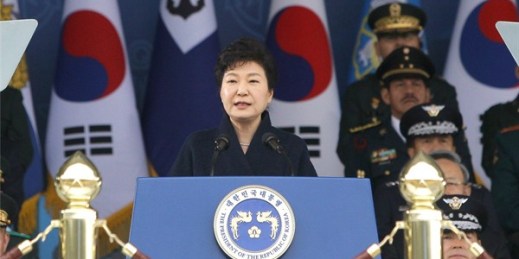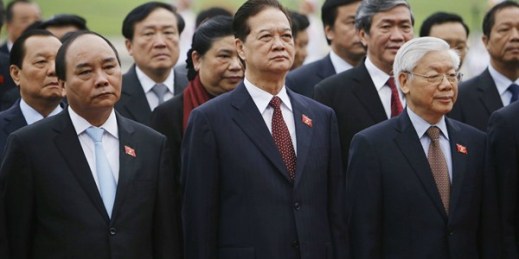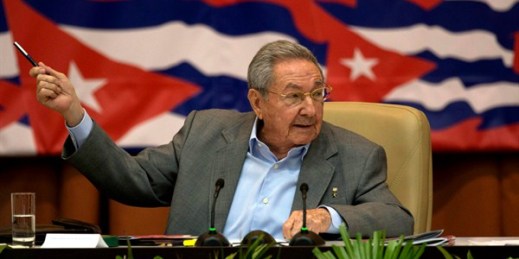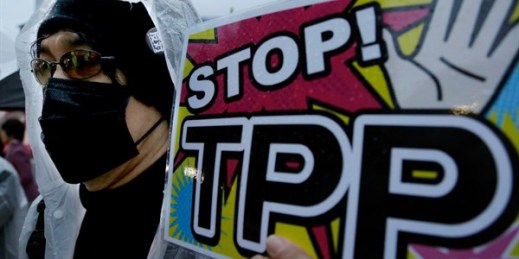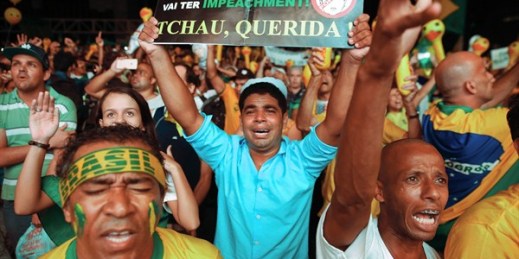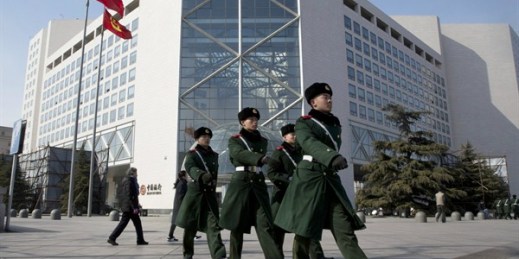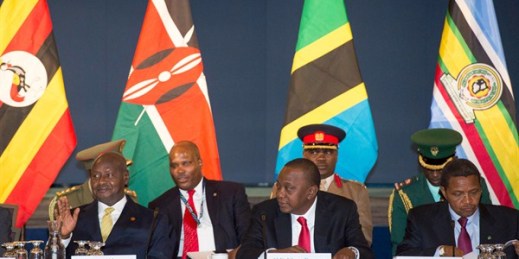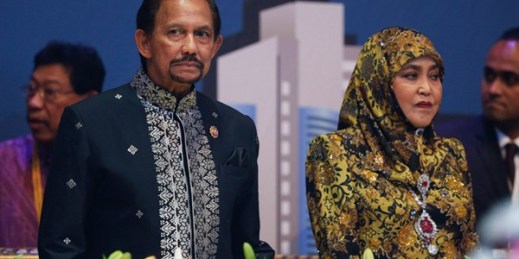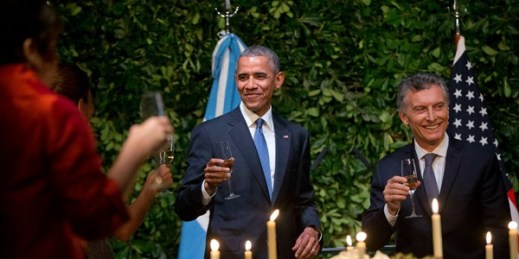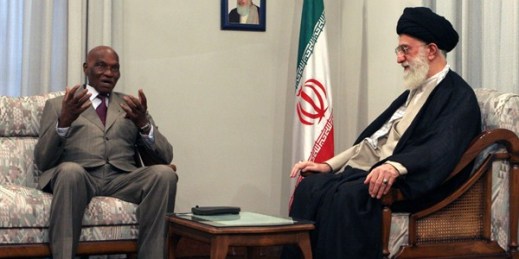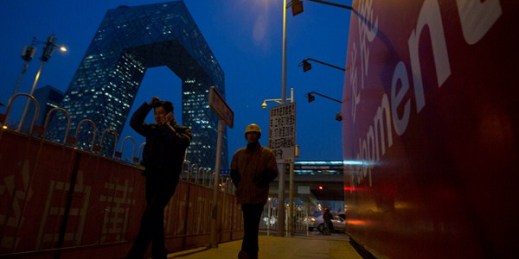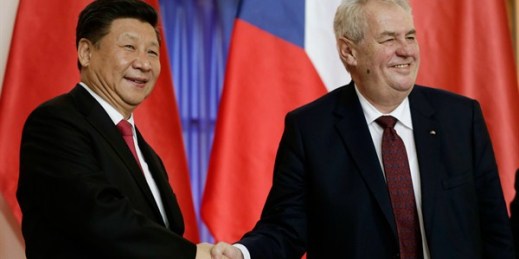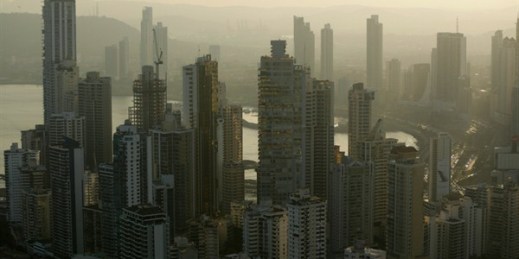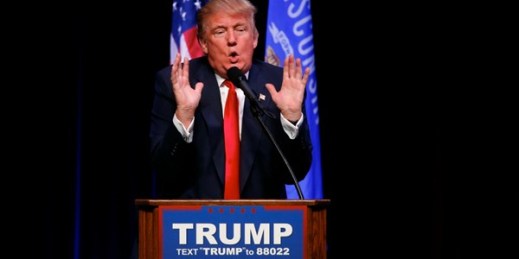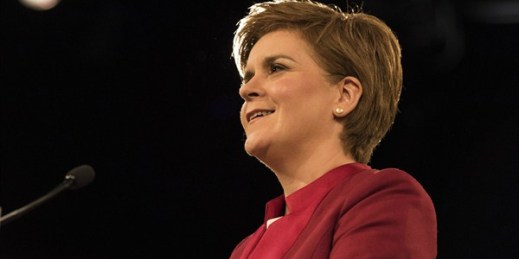
According to the latest poll, released Wednesday, on the British referendum on European Union membership, 45 percent of Britons are in favor of remaining in the EU, while 38 percent are in favor of leaving. While the “remain” camp maintains a significant lead, support for the so-called Brexit is growing, with the “leave” campaign gaining 2 percent in the past month. In Scotland, the story is different. According to the same poll, over 56 percent of Scots want to remain in the EU. Pro-EU sentiment in Scotland has been consistent over the past eight months, with some polls putting support […]

